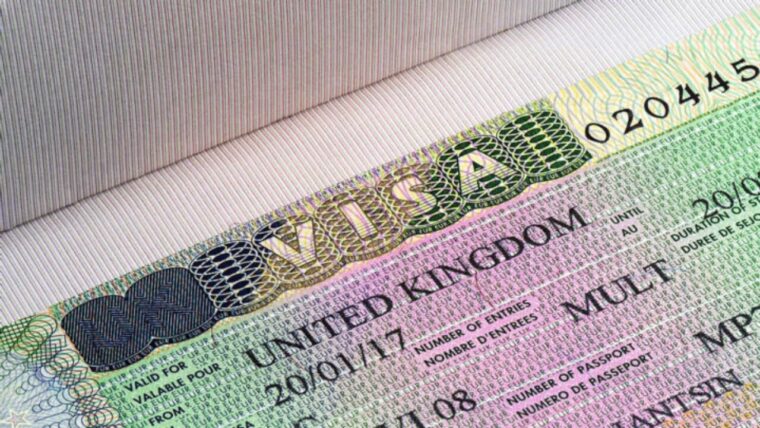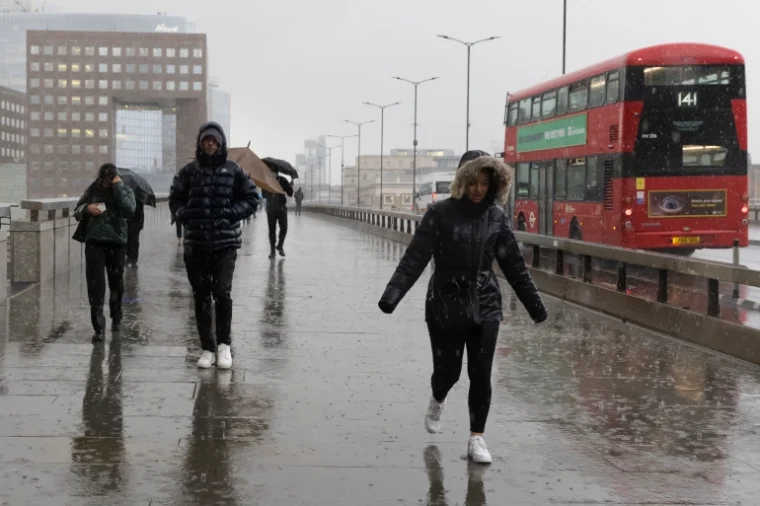One of the amazing countries in the world for international students is the UK. The UK has a lot of universities and courses that will appeal to diverse people. Many of its schools are also the best in the world.
Finding your way to the UK for studies poses numerous benefits for your career trajectory. Regardless of all these benefits, some students still miss it. So, to avoid losing, it is crucial to know some things before coming here for studies.
In this piece, we’ve listed some essential information you need to know before studying in the UK.
1. Pick a University Wisely

The university you pick for your studies determines the totality of your experience in the UK. As we know, there are hundreds of universities in the UK. And of course, academic standard varies from one university to another.
So, it is crucial you pick a university that is within your area of strength, so you won’t end up regretting your stay in the UK. At best, you should consider factors like cost, past results, utilities, location, and culture before picking any universities in the UK.
2. Funding and Scholarships
It is generally known that the UK is expensive. And the tuition fees are also costly, particularly for international students. So, it is essential to know how much it costs to study in your desired school.
Aside from that, you should check for available scholarships in the chosen school. It will interest you to know that the UK makes numerous scholarships available for international students. So, that’s an excellent opportunity to cut costs.
However, if you don’t meet the scholarship requirement, get ready to spend. You will also be asked for proof of funds to verify that you can cater for all your study expenses.
3. Visa Type

We can’t stress enough the importance of visas. So, it should be at the top of your checklist. If you don’t know, there are different types of visas a student can choose. However, the chosen visa type would be dependent on the duration of your study. Generally, students can opt for the standard visa, short-term study visa, or student visa.
The standard visa costs about £95, and it is suitable for students studying for less than six months. The short-term study visa is available for students above the age of 16. This visa type is for those studying for less than a year but more than six months, costing roughly £185.
The third type of visa is the most common for students. With the student visa, students can apply for part-time work in the UK. The visa cost over £300.
If you are going for a student visa, it is best you apply six months before the start of your course as it takes a long time to process. To make things easier, you can read more about the UK student visa here.
4. Accommodation
Another important thing you must get right before moving to the UK is accommodation. There are two types for students: private accommodation and on-campus accommodation.
To avoid spending much, fresh students should stay on campus. Not only is staying on campus cheap, but it also fosters networking. You will see different forms of accommodation like halls, flats, and dorms on campus. You can access any of the accommodations based on your budget and state of study.
Not like we don’t recommend private accommodation. However, staying on campus in your first year makes it easier for you to properly search for apartments. If you decide to pick private apartments, choose apartments close to campus.
5. Bank Accounts

It is most preferred to have a UK student account. With this account, you can quickly sort out bills and make payments. However, not all banks give student accounts to migrants. Hence, it is essential to conduct proper research to discover the banks offering these accounts. Plus, you should also check their requirements.
6. Student Jobs
One fantastic thing about the UK is that it allows students to work. International students can work 20 hours weekly during the session and full-time during the break. While this is an incredible opportunity to make money, the competition is usually fierce. So, it is best to look in the right places for a job.
If you are lucky, your part-time employer may retain you after your studies. If you get a full-time job, you may be able to apply for indefinite leave (ILR) to remain after five years. With indefinite leave to remain, you can easily apply for British citizenship. Check this for more details about the indefinite leave remaining application.
7. Healthcare

International students with more than six months of study would have to pay for the immigration health surcharge (IHS) while applying for the visa. This fee would give you access to the UK’s National Health Service (NHS). That means you will enjoy the same healthcare service as citizens during your stay.
But that doesn’t mean you won’t spend on health services such as dental and optical treatment. Also, you may have to pay for drugs bought from a pharmacy and some expensive therapies.
You must also be up to date with vaccinations, and there are several of them. These include meningitis (for males), hepatitis A and B, measles, mumps, chicken pox, and rubella, to mention a few.
8. Grading System
You’re going to study, so it’s pertinent to know about UK’s educational institutions’ grading system. This method varies with the constituent countries in the UK, even though some of them share similarities.
Generally, universities use letter grades A to F to classify the academic performances of students. Students with grades between A and D have passed. The most desirable is the A-grade which represents distinction. Grade B is a merit status while C and D fetch students pass. You would want to stay off the E and F grades as they both symbolize failure.
9. Weather

Wherever you are coming from, you’ll likely meet a different climate in the UK. There are various weather conditions in the UK, and they affect the social activities of the citizens. During winter (December to February), the weather can be chilly, and there could be snowfall in some countries within the region, such as Scotland. The weather can also be very wet and windy in this period.
Meanwhile, UK countries begin to warm up in the spring (March to May), leading to more rain and sometimes windy condition. You’ll also find plants blossoming. Summer (June to August) brings more rainfall and surprisingly high temperatures. But that’s the time you can hit the beaches you’ve heard so much about.
Autumn (September to November) can bring some erratic weather. Generally, it is quite wet and windy. Temperatures could also vary from cool to very high. You must be guessing by now that UK’s climate is unpredictable, and that’s the point we are driving. We advise you to prepare mentally when shopping for the transition.
10. Transportation
There are several transportation facilities to choose from in the UK. Your choice would be decided by the distance you will be covering. You’ll probably need to use the underground subways to navigate between cities to avoid the congested traffic and save some money.
Also, you can hail a cab, drive a car and fly interstate. Overall, you’ll enjoy the excellent connection between the various means of transport available.
11. Communication

Your native land’s service providers may not have coverage in the UK, and you’ll need to keep in touch with your loved ones. You can contact any local service provider for a plan within the country to get back online.
Another way to reach your loved ones in your home country is by using internet call applications. You’ll have to use both options at the end.
12. Culture
The UK is culturally diverse and accommodates people from all over the world. You won’t need to search before finding many international students like you. Besides, you’re sure to find people with the same cultural background as you to have a chitchat about everything at home.
13. Places to Eat

If you are a food lover, you’ll have your fill in the UK. There is no shortage of places to satisfy your craving. You can try burgers and burritos on the street, Yorkshire pudding, and a thousand other meals in the restaurants and varieties of fruits and edibles in the grocery stores. But, you have to be disciplined not to pile up the pounds.
Final Thoughts
As a foreign student, studying in the UK may be a bit daunting. But of course, success comes with a hassle. If you’re fortunate to make it to any top university in the UK, ensure you are focused, and self-determined.
In all, cut your coat according to your clothes because the cost of living in the UK is enough to sway you off the grid.
